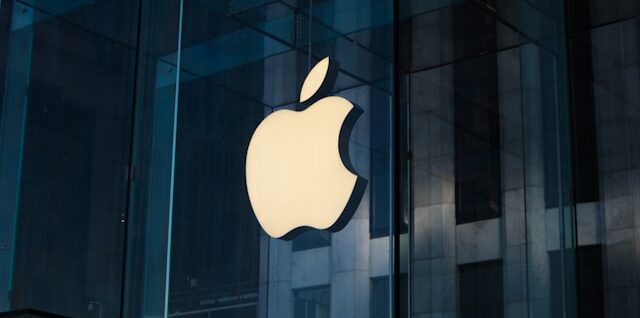In contrast to Samsung’s use of cloud and on-device processing, Apple opts for full on-device AI to enhance privacy and processing speed
Apple is set to introduce a new suite of AI features on the iPhone, adopting a unique approach that relies entirely on on-device processing, differentiating itself from Samsung’s hybrid model. This move, expected to debut with iOS 18, underscores Apple’s ongoing commitment to user privacy and swift data handling.
According to Mark Gurman of 9To5Mac, Apple’s forthcoming AI capabilities will be powered by its own Large Language Model (LLM), developed in-house. This strategic choice to handle all AI processing on-device allows Apple to leverage the dual benefits of enhanced privacy and faster response times without reliance on cloud computing. The tech giant is anticipated to highlight these advantages extensively during its Worldwide Developers Conference (WWDC) in 2024.
Embed from Getty ImagesApple’s decision to process AI data locally contrasts sharply with Samsung’s methodology. Samsung has recently introduced the Galaxy S24, branded as its first “AI Phone,” which utilizes a blend of its proprietary LLM and Google’s Gemini model. This system provides Samsung users with the flexibility to switch between on-device and cloud-based processing. While this mixed approach offers versatility, it varies in performance, with some tasks executing rapidly and others more slowly, dependent on their complexity.
The specific AI features Apple plans to roll out remain under wraps, but expectations are high for advancements in areas such as language translation, autocorrect functionalities while typing, and sophisticated image editing tools. Despite earlier discussions between Apple and Google regarding the potential use of Google’s Gemini to power some of these features, the status of such an agreement has not yet been clarified.
Apple’s firm stance on maintaining all AI operations within the device itself is likely to appeal to privacy-conscious consumers who are increasingly wary of where and how their data is processed. This approach not only secures user data but also enhances the functionality of the iPhone by ensuring that essential AI-driven tasks are handled swiftly and securely, directly on the user’s device.
As the AI landscape continues to evolve, Apple’s pivot to an entirely on-device model could set a new standard for privacy and efficiency in smartphone technology, possibly influencing future trends in the industry.
